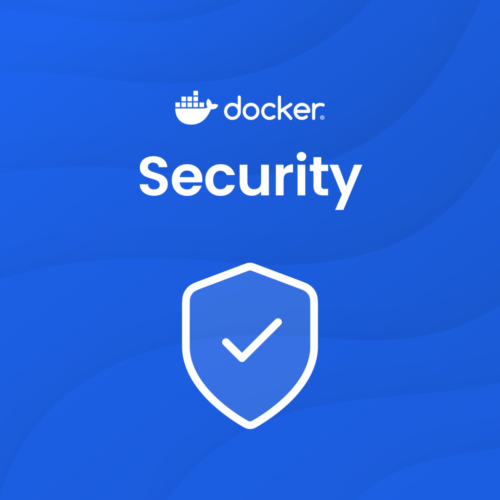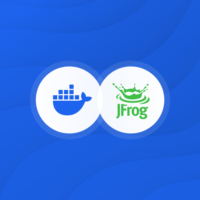
Introduction to Zero Trust Security in Docker Desktop
Explore strategies for implementing Zero Trust security in a Docker Desktop environment and learn how to enhance your organization's security posture.
Published 1 year ago by @Docker on www.docker.com
Abstract
The article delves into Zero Trust security principles and strategies for implementing them within a Docker Desktop development environment. It emphasizes the importance of continuously verifying access requests, following the principle of least privilege, leveraging container isolation, network microsegmentation, authentication, and monitoring practices. It also highlights the benefits of using Docker Scout for compliance monitoring, ensuring container immutability, encryption for data security, and staying updated with Docker Desktop versions.
Results
This information belongs to the original author(s), honor their efforts by visiting the following link for the full text.
Discussion
How this relates to indie hacking and solopreneurship.
Relevance
This article is crucial for enhancing the security of your Docker Desktop environment amidst the evolving threat landscape. It provides actionable insights and strategies to strengthen your security posture and mitigate potential security breaches.
Applicability
To enhance your Docker Desktop security, you should implement Zero Trust principles by rigorously verifying access, following the principle of least privilege, utilizing container isolation, setting up network microsegmentation, enabling strong authentication, continuous monitoring, and ensuring compliance with Docker Scout. Additionally, focus on maintaining container immutability, encrypting data, and keeping your Docker Desktop updated.
Risks
Challenges in implementing Zero Trust with Docker Desktop include managing the complexity of such environments, potential performance overhead, and the need for organizational cultural shifts towards heightened security awareness. However, the long-term benefits of a secure infrastructure outweigh these challenges.
Conclusion
As businesses increasingly adopt containerized applications and cloud-based architectures, the need for Zero Trust security becomes paramount. Embracing Zero Trust in Docker Desktop environments will not only strengthen security measures but also ensure resilience against sophisticated cyber threats in the future.
References
Further Informations and Sources related to this analysis. See also my Ethical Aggregation policy.
Zero Trust and Docker Desktop: An Introduction | Docker
We explore Zero Trust security and walk through several strategies for implementing Zero Trust within a Docker Desktop-based development environment.


Docker
Stay updated on the latest Docker developments, tips, and best practices to streamline your containerization process. Discover how Docker can enhance your deployment workflow and boost your project's efficiency.
Appendices
Most recent articles and analysises.

Amex's Strategic Investments Unveiled
2024-09-06Discover American Express's capital deployment strategy focusing on technology, marketing, and M&A opportunities as shared by Anna Marrs at the Scotiabank Financials Summit 2024.




